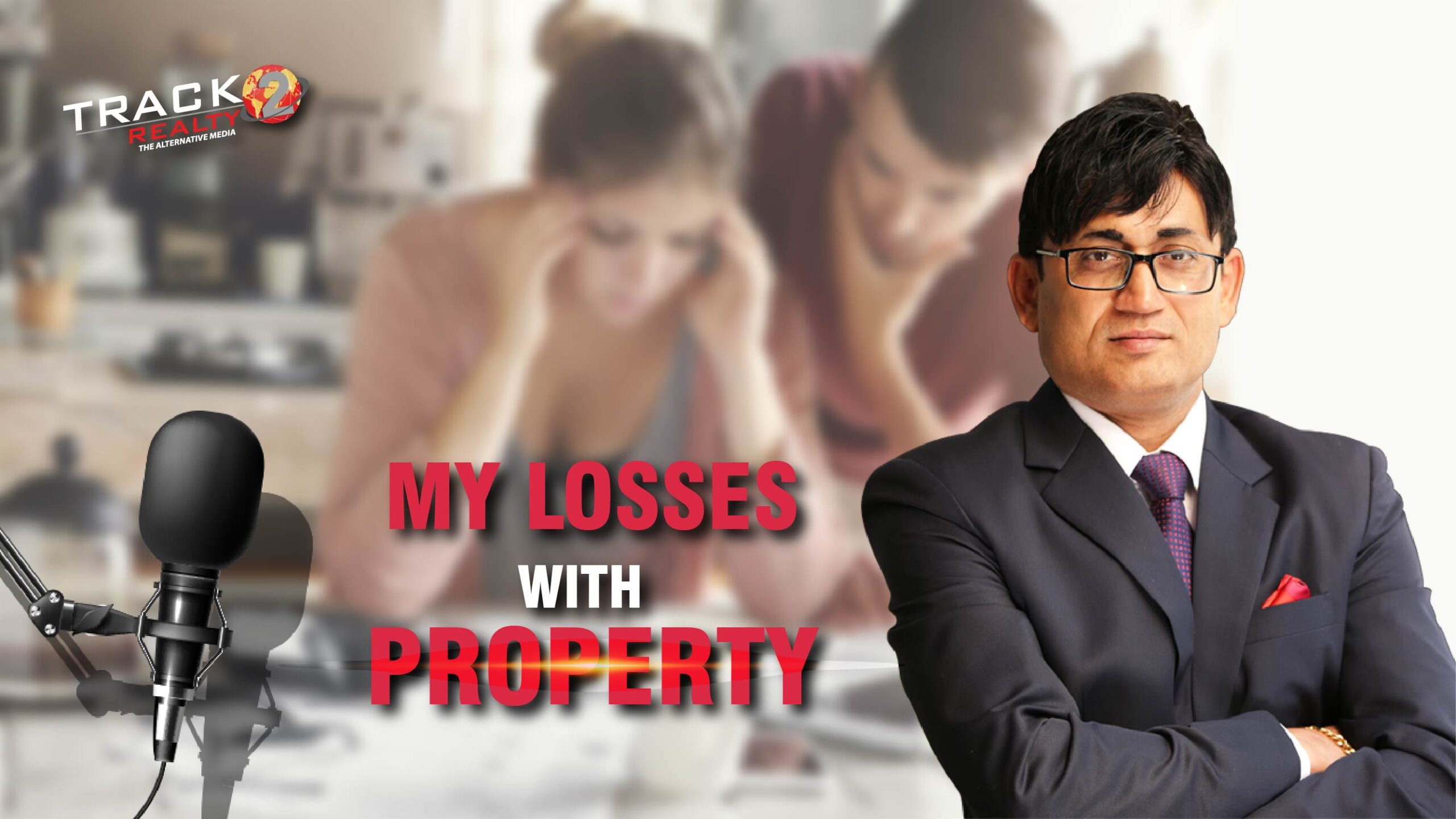A TV debate after the Union Budget 2022-23 caught one of the IPCs (Independent Property Consultant) off guard when the anchor categorically blamed him for real estate not getting its due with the budget. In his defence he could only argue that it is not about one specific report but all the industry reports are guilty of creating such a goodwill for the sector. The satisfactory voices were so profound that the policy makers too found the business capable of self-sustaining without any fiscal incentives.
None of the real estate stakeholders are today in a position to defend as to why should the Finance Minister grant largesse to a business that has already declared itself as having been recovered from pandemic? The self-glory is so profound that the sector has already claimed to peak to its pre-Covid level sales.
Shouldn’t the policy incentives be channelized to those businesses that are crying out for survival? The Union Budget denying any incentives, tax or otherwise, could well be described as a self-inflicted injury by the developer community.
Truth be told, as it is. The real estate seems to have fallen into its own trap of creating a false narrative. The narrative of best time to buy a house that has been so craftly created to lure the home buyers has backfired. The general perception that the business is strong & resilient enough to weather the Covid storm has gone down to the policy makers as well, and the echo could be heard with the Union Budget.
A directionless real estate sector is not like the mutual fund business where the leading players had a few years back so smartly devised a campaign when the perception was not in their favour. “Mutual Fund Sahi Hai” could not only change the perception of the business but could also help scale up to a new high in this part of the world. The strategy nevertheless was more factual than fictional and numbers don’t lie.
Even when the two leading, and often warring, cola companies had devised the campaign to safeguard themselves against health hazard public policy expose, there was some method into the madness. A few facts and many more fiction were packaged with half-truth narrative that a little bit of sugar is not bad for health. The negative outburst was sooner than later normalized.
Hasn’t Indian real estate erred in its strategy and narrative? Of course, it has, and many within the sector privately admit this reality after the budget disappointment. There is neither a smart strategy, nor facts to back the claims. The industry narratives are more often than not contradictory. Every stakeholder has his own business goal that is not necessarily in sync with the larger goal of the business. For example, while the narrative is set by one section of the stakeholders that the buyers are demanding bigger houses to shift into new normal of Work From Home, the narrative by the commercial developers is that people are gradually getting back to offices.
At a time when the average salaried middle class is finding it tough to survive amidst hyper-inflation, the sector is influence peddling that this is the best time to buy a house. How can you insult the collective intelligence of your buyers? Telling a person who is stressed with job losses or salary cut that he needs a bigger house now for his Work From Home is adding insult to one’s his injury.
The developers continue to think otherwise. In their profound wisdom pep talk and creating a FOMO (Fear of Missing Out) would drive the home buyers to shop for the houses. Sitting in their ivory towers they fail to read the affordability pulse of the market.
The fact is most of the reports claiming high sales figure of housing are way off track. Isn’t it preposterous that one of the industry reports claim 27% sales up in the same quarter when the other industry report finds sales to be 9% down? There could be some mismatch in data analysis but not with the raw statistics. Moreover, no industry report has ever gone into data analytics to assess how many property registrations are happening in the primary market and how many are distress sale of secondary market.
The fact is that no one within the built environment of Indian real estate wants to confront the truth. There is a collective conspiracy of silence (they even call it negative) with the uncomfortable realities of the sector. Most of the people-pleasing reports are coming from the industry stakeholders only. It is not only limited to a developer releasing city-wise sales data, but most of the analysts have their primary occupation of property brokerage only. There is a clear conflict of interest in this market report card.
It is not that the sector has not learnt its lessons from the budget disappointments over the years. The budget wish list is no longer all about the demand side and they do understand the importance of supply side constraints. But then the learning has been pretty slow and more out of the business compulsions. They are yet to see the larger picture that could change the perception that real estate is arguably the dirtiest business in the country.
Had the real estate stakeholders been a bit more realistic and the leading voices would have been conscious of the fact that false narrative could backfire, Union Budget 2022 would not have disappointed this time around. But then they were so very carried with their self-glory of “All is Well” that they forgot to ask the right questions before the budget.
Issues like rationalisation of tax anomalies, multiple taxation, removal of presumptive taxation, premature taxation and complicated structures, exorbitant premiums etc were never taken up as demand for justice with real estate. These policy demands would have served well to the sector, without tangible loss of revenue.
The Finance Minister could have also granted many of these demands that doesn’t cause high losses to the exchequer. But then the priorities of the real estate have historically been misplaced. They failed to plan their strategy & narrative and hence always plan to fail before the policy makers and stand budget disappointed.
Ravi Sinha
CEO, Track2Realty
#RaviTrack2Media
Track2Realty is an independent media group managed by a consortium of journalists. Starting as the first e-newspaper in the Indian real estate sector in 2011, the group has today evolved as a think-tank on the sector with specialized research reports and rating & ranking. We are editorially independent and free from commercial bias and/or influenced by investors or shareholders. Our editorial team has no clash of interest in practicing high quality journalism that is free, frank & fearless.
Subscribe our YouTube Channel @ https://bit.ly/2tDugGl





